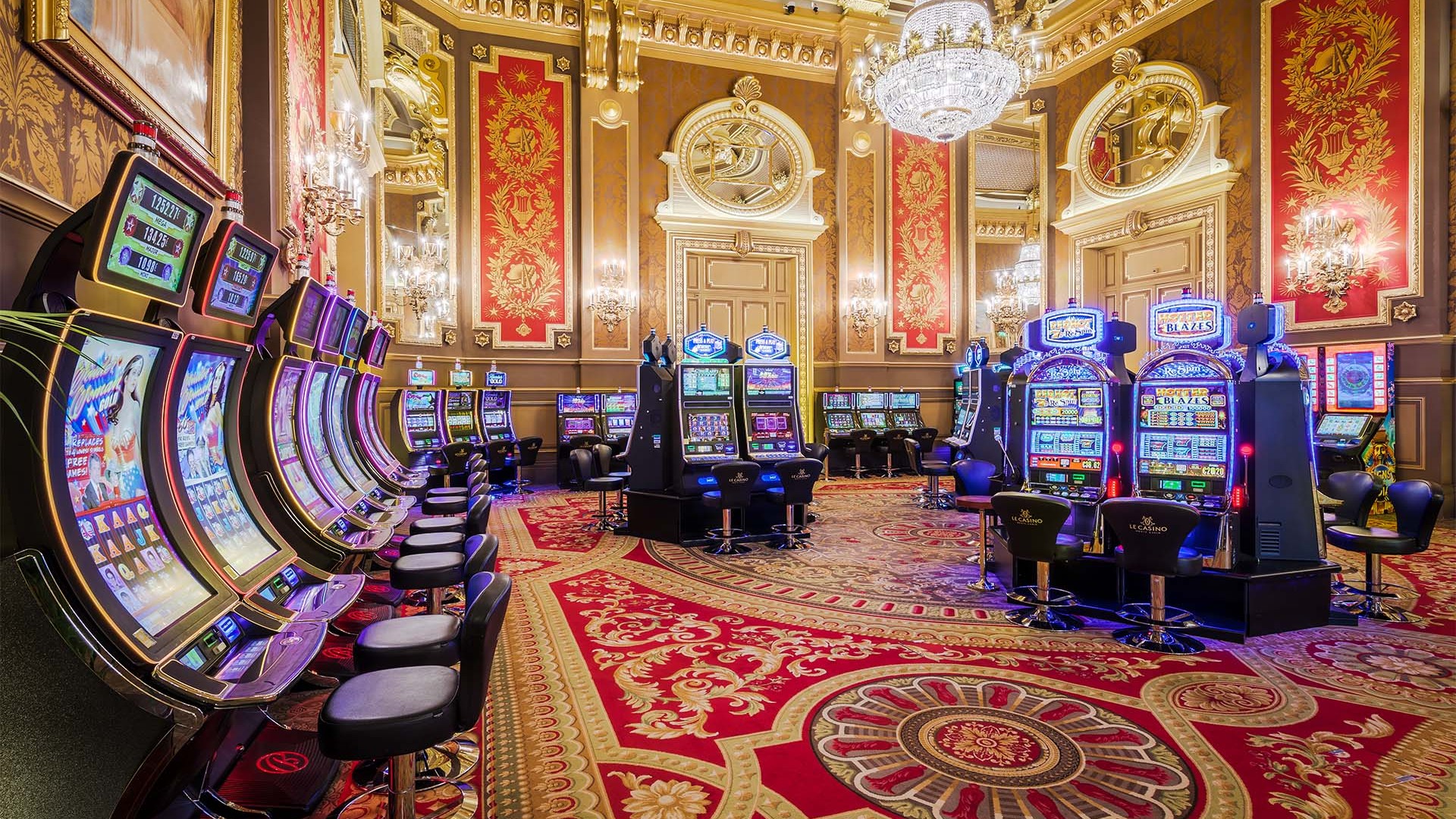
When we think of casino activities, the first images that frequently come to mind are those of spinning wheel devices, poker tokens clattering on felt surfaces, and dice rolling across a betting surface. While numerous view these games as mere pastimes fueled by luck, a more profound exploration reveals a fascinating blend of strategy, expertise, and community interaction that raises them well beyond simple luck. Regardless of whether you are a seasoned player or a inquisitive newcomer, grasping the subtleties of these games can greatly enhance your enjoyment and understanding.
Gambling activities have developed over hundreds of years, with various cultures contributing to their rich backgrounds and different forms. King 88 From the intricate strategies of blackjack to the deception methods in poker, players engage in a contest of intellect as much as a gamble on numbers. This exciting interplay between chance and expertise creates a exciting atmosphere that draws countless people to casinos worldwide. As we delve into the world of table games, we will reveal the methods that can shift the odds in your favor and the community elements that make these activities a popular choice for entertainment and engagement.
The Strategy of Casino Gaming
Casino gaming frequently combine a mix of skill and chance, which makes them fascinating for participants who enjoy a challenge. Each game has its own set of guidelines and strategies that can affect the outcome. For example, in titles like 21, participants are required to use tactics like counting cards and understanding the probabilities to make smart decisions. This skill set can greatly improve the winning potential, distinguishing seasoned participants from novices who may depend entirely on chance.
Conversely, titles such as the roulette may appear to be purely based on luck, but tactical thinking can also play into the equation. Participants can select between various wagering strategies, such as the Martingale system, where they raise the bets after a loss. This method can create a more methodical approach to the activity. Grasping the odds of specific wagers can also help participants make better decisions on the roulette table, demonstrating that even games of luck, tactics can enhance the enjoyment.
Additionally, poker stands out as a game that heavily focuses on tactics. In contrast to most casino games, poker combines ability, mental acuity, and chance. Participants must not only concentrate on the cards they are dealt but also take into account their rivals’ behavior and betting patterns. Mastering principles like table position, pot odds, and interpreting bluffs is crucial for success. This depth of tactics in the game of poker often leads to a more engaging encounter for players, as their choices and abilities greatly impact the match’s results.
Comprehending Likelihood and Odds
In the domain of casino games, likelihood and odds hold a critical role in determining a player’s potential outcomes. Every game has its own collection of principles that define how the probability of winning or losing is measured. For instance, in matches like blackjack, players have a chance to influence their odds through planning, whereas in games like roulette, the results are purely governed by luck. King88 Comprehending how these probabilities are measured can greatly impact how a player deals with the match.
Ratios are typically expressed in two forms: fractional and decimal. Ratio odds indicate the proportion of the sum won to the amount staked, whereas decimal odds show the overall payout for a successful bet, which includes the stake. For example, if a match has odds of 5 to 1, this implies that for every one dollar bet, a player could win five dollars if they win. Understanding how to interpret these odds enables players to assess their potential earnings and formulate more educated decisions during play.
Players should also be conscious of the house edge, which is the casino’s built-in advantage over the players. Each match has a different house edge, and comprehending this idea is essential for managing one’s hopes and bankroll. Activities with a lower advantage, such as 21 and chemin de fer, typically offer better odds for gamblers compared to games like slots and keno. By acknowledging the relationship between chance, odds, and the house edge, gamblers can enhance their gaming experience and plan more efficiently.
The Aspect of Casino Table Games
Casino games at casinos are often seen as a center of social interaction, bringing participants together in a shared experience that goes far beyond the mere act of playing games. The atmosphere at a blackjack table can be vibrant, with players engaging not only with the game itself but also with each other. Laughter, excitement, and, sometimes, playful teasing create connections that enhance the overall experience of the gaming experience. This communal aspect can turn a solitary endeavor into a lively social event, making table games particularly appealing.
One of the intriguing elements of gaming at tables is the way it fosters friendship among participants. Whether it’s teaming up to defeat the dealer at a craps table or sharing stories between hands in a card game, the environment encourages interaction. Participants often share tips or tactics, creating a sense of community that boosts the fun. This social dynamic can make new gamblers feel welcomed and less daunted by the competitive nature of gaming. As the game progresses, friendships may form, leading to a sense of connection that keeps participants returning to the table.
Moreover, the social aspect of gaming at tables extends beyond just the participants. Dealers play a crucial role in encouraging interaction and maintaining the flow of the game. Their ability to engage gamblers with warm dialogue and their expertise in managing the table can create an inviting atmosphere. This connection between players and dealers adds another layer of enjoyment, where gamblers feel connected not only to each other but also to the staff. Such interactions are often what make the experience memorable, as players leave with stories to tell and connections made, reinforcing the notion that table games are truly about something greater than luck.